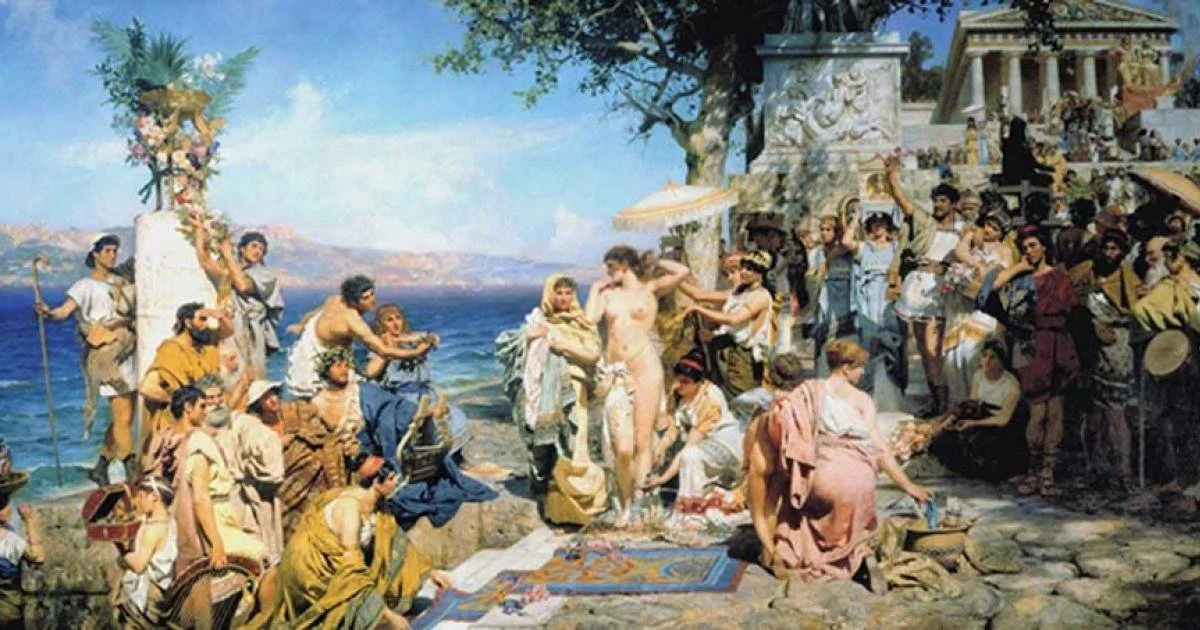Alexander the Great, one of history's most legendary conquerors, not only changed the face of the ancient world but also demonstrated an unparalleled admiration for the arts and literature, most notably for Homer's epic, the "Iliad." This article explores the profound influence of the "Iliad" on Alexander's life and military campaigns, offering insight into how the epic shaped his worldview, strategies, and personal identification with its characters, especially Achilles. We will delve into Alexander's early life, his education under Aristotle, specific instances where the "Iliad" played a role in his conquests, and how this admiration influenced both his troops and governance. The analysis seeks to understand not just the historical facts but also the cultural and emotional impact of this interconnection.
Alexander’s Early Life and Education
Born in 356 BC in Pella, Macedonia, Alexander was the son of King Philip II and Queen Olympias. From a young age, he was immersed in a royal environment that valued both military prowess and intellectual growth. His early education was comprehensive, but the turning point came when Aristotle, the great philosopher, became his tutor. Aristotle introduced Alexander to a wide range of subjects, including medicine, philosophy, and literature, with Homer’s "Iliad" becoming a cornerstone of his education.
Aristotle’s teaching imbued Alexander with a deep respect for Greek culture and literature, which was evident throughout his life. The "Iliad" was not just a story to Alexander; it was a manual of heroism, an inspiration, and a guide. He reportedly slept with a copy of the text under his pillow, alongside a dagger. The tales of Achilles, his valor, his quest for glory, and his destiny resonated with Alexander, shaping his aspirations and approach to both life and leadership.
The Iliad’s Role in Alexander’s Conquests
Alexander's military campaigns, which extended from Greece through Asia Minor, Egypt, and into India, demonstrate several instances where the "Iliad" influenced his decisions on the battlefield. During the siege of Tyre, Alexander’s strategic placement of his troops and his relentless pursuit of victory mirrored Achilles’ siege of Troy. Like Achilles, Alexander aimed to achieve immortal fame through his conquests, a goal he pursued with both strategic brilliance and unyielding ferocity.
Another notable instance was his visit to Troy, where he famously paid homage at the tomb of Achilles. This symbolic act highlighted how deeply the "Iliad" was ingrained in his psyche, serving as a motivational tool and a source of divine inspiration. He viewed himself as a continuation of the heroic lineage portrayed by Homer, believing that his conquests were both a fulfillment of his destiny and a tribute to his hero, Achilles.
Comparison with Achilles
Analyzing the similarities between Alexander and Achilles reveals a complex portrait of heroism, ambition, and mortality. Both figures were young leaders, known for their charisma and their ability to inspire and lead men in difficult circumstances. Their martial prowess was unmatched, and both sought glory above all else, often at great personal risk.
However, there are significant differences. Whereas Achilles’ motivations in the "Iliad" are deeply personal and often driven by his emotions, Alexander, despite his fiery temperament, typically showcased a broader strategic vision in his campaigns. Achilles fought primarily for personal honor and revenge, while Alexander pursued the creation of a new cultural and political landscape, aiming to merge Greek and Eastern cultures in his empire.
Cultural and Historical Impact
Alexander’s admiration for the "Iliad" influenced not only his military tactics but also his governance. He encouraged the spread of Greek culture, founding cities that became centers of learning and culture across the conquered territories. The "Iliad" and other Greek works were integral parts of the education systems in these cities, helping to establish a unified cultural foundation across the empire.
His troops, drawn from various regions and backgrounds, were also influenced by his admiration for the epic. Alexander’s portrayal of himself as a heroic figure akin to Achilles fostered a fierce loyalty among his soldiers, who saw their campaigns as part of a larger narrative of heroism and glory.
Alexander the Great’s connection with the "Iliad" was more than a mere fascination; it was a profound influence that shaped his identity, his reign, and his impact on the world. This confluence of literature and life not only defined his strategies and personal motivations but also helped lay the foundations for the Hellenistic culture, influencing countless generations. The story of Alexander and the "Iliad" serves as a powerful reminder of how deeply literature can influence individual lives and broader historical currents. Through Alexander, the epic narrative of the "Iliad" transitioned from myth into a living epic, forever altering the course of history.









